In a move to strengthen communication and transparency with the student community, the University of Lagos (UNILAG) has met with Presidents-elect of all faculties to address concerns surrounding the reported increase in student fees for the 2025/2026 Academic Session.
The meeting, held on Wednesday, October 29, 2025, was chaired by the Deputy Vice-Chancellor (Management Services), Professor Muyiwa Falaiye, FNAL, and attended by key university officials, including the Dean of Student Affairs, Professor Musa Obalola, and representatives from the University Security Unit.
Professor Falaiye clarified that there was no fee increment, but rather a streamlining and consolidation of all approved student dues into a single transparent payment platform.
“What has happened is not an increment of any sort,” he said. “We have simply consolidated all fees and obligations into a central payment platform to make transactions easier and more transparent.”
He explained that the decision followed a directive from the Federal Ministry of Education for universities to unify all student payments for clarity and accountability. According to him, sponsors such as the Nigeria Education Loan Fund (NELFUND) had expressed concerns that some charges were not captured on the official portal, leading to inconsistencies in student payments.
“The new structure ensures sponsors can now see all student obligations in one place. It’s a one-stop shop for assessment and payment, leaving no room for extra or hidden charges,” he added, noting that over 4,000 UNILAG students currently benefit from NELFUND sponsorship.
While acknowledging marginal increases in certain third-party services — including TISHIP (health insurance), field trips, and the new digital ID cards — the DVC explained that these were programme-specific and mostly affected freshmen rather than returning students.
He cautioned student leaders to report any unauthorized requests for additional payments.
> “If anyone asks you to pay beyond what is on your portal, please report it. It should not happen,” he warned.
Professor Falaiye also shed light on the university’s rising operational costs, revealing that UNILAG spends over ₦700 million monthly on electricity, excluding security and maintenance costs. He appealed for students’ understanding, assuring them of the Vice-Chancellor’s commitment to their welfare.
> “Whatever adjustments exist are marginal compared to what the University bears to ensure a safe and conducive learning environment,” he said.
The Dean of Student Affairs, Professor Musa Obalola, reaffirmed that the consolidation was introduced at NELFUND’s request to ensure smoother sponsorship processes. He also addressed the delay in hostel balloting, attributing it to the ongoing adjustment of the fee template and registration system.
During a Question-and-Answer session, student leaders raised issues about field trip costs, association dues, and the general fee structure. In response, Professor Falaiye distributed hard copies of the official 2025/2026 fee template, encouraging students to compare them with the online version and submit any discrepancies for review.
> “If any discrepancy is found, it will be corrected. Anyone who overpaid will be refunded, and anyone who underpaid will make up the balance. No student will be left stranded or frustrated,” he assured.
The Coordinator of the University Security Unit, Mr. David Omotoso, also urged student leaders to maintain peace and guard against external interference.
In closing, Professor Falaiye thanked the student representatives for their cooperation and reaffirmed UNILAG’s dedication to transparency, fairness, and student welfare.
> “We appreciate your understanding and partnership. Together, we will sustain UNILAG’s reputation as a world-class learning environment built on trust and mutual respect,” he said.
The meeting reinforced UNILAG’s longstanding culture of dialogue, participatory governance, and accountability, setting a positive tone for continued collaboration between the university administration and its student body.


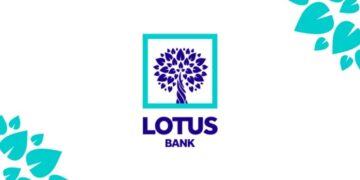
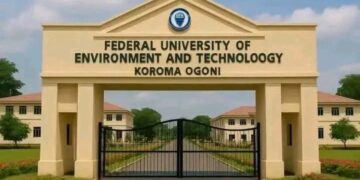

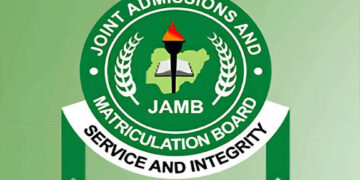

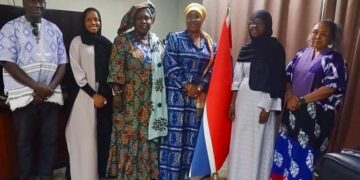



























































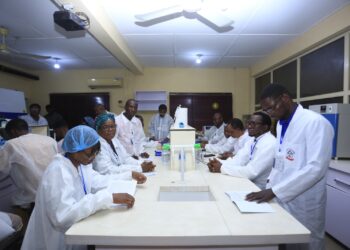
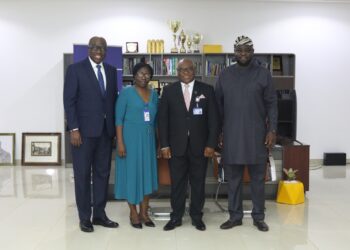
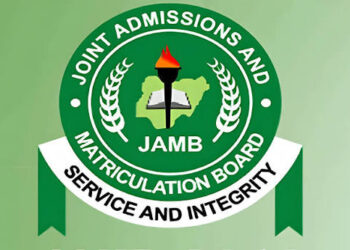
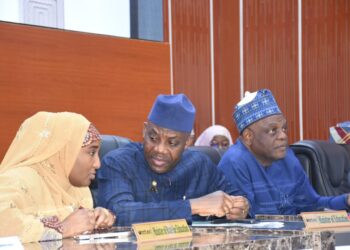
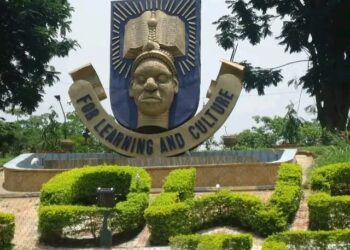
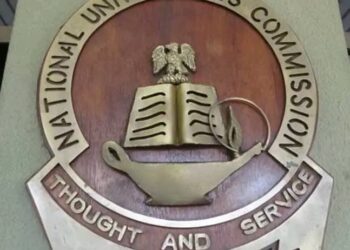










 EduTimes Africa, a product of Education Times Africa, is a magazine publication that aims to lend its support to close the yawning gap in Africa's educational development.
EduTimes Africa, a product of Education Times Africa, is a magazine publication that aims to lend its support to close the yawning gap in Africa's educational development.